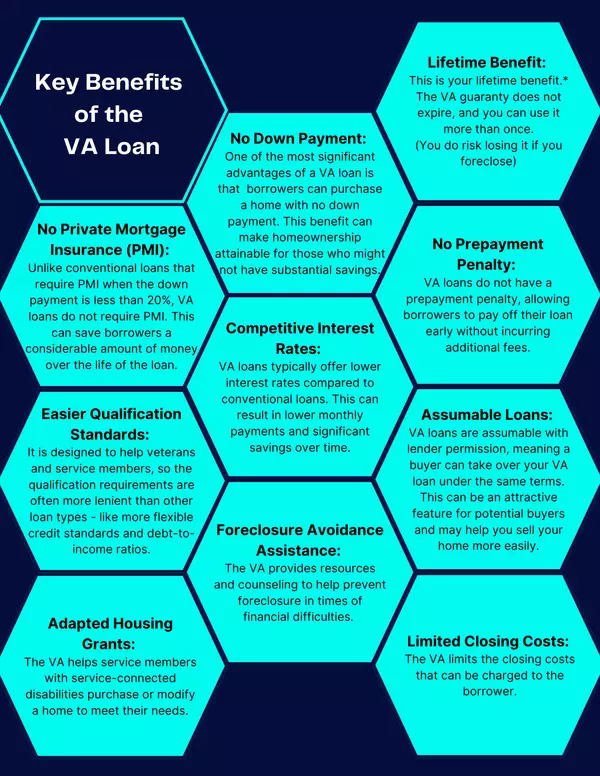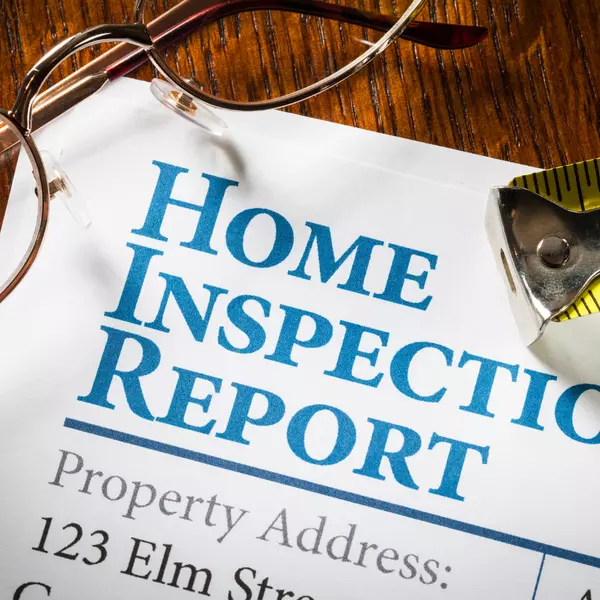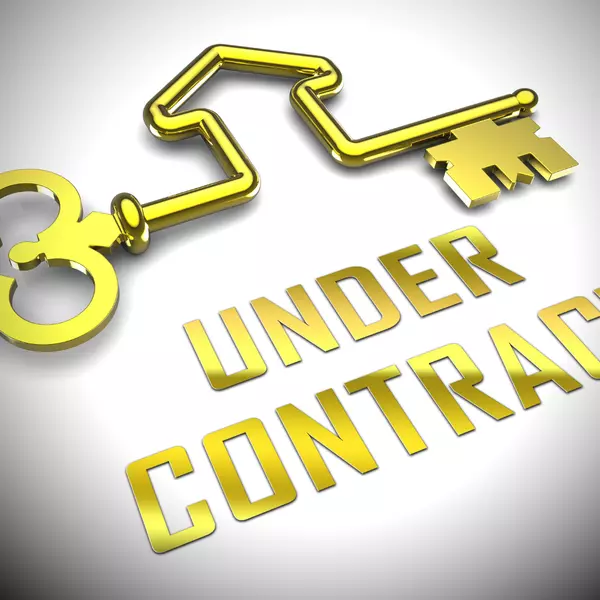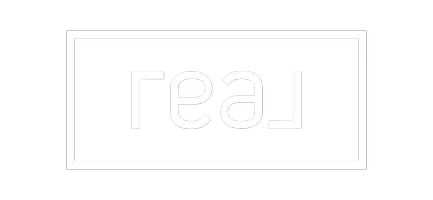What is Earnest Money?
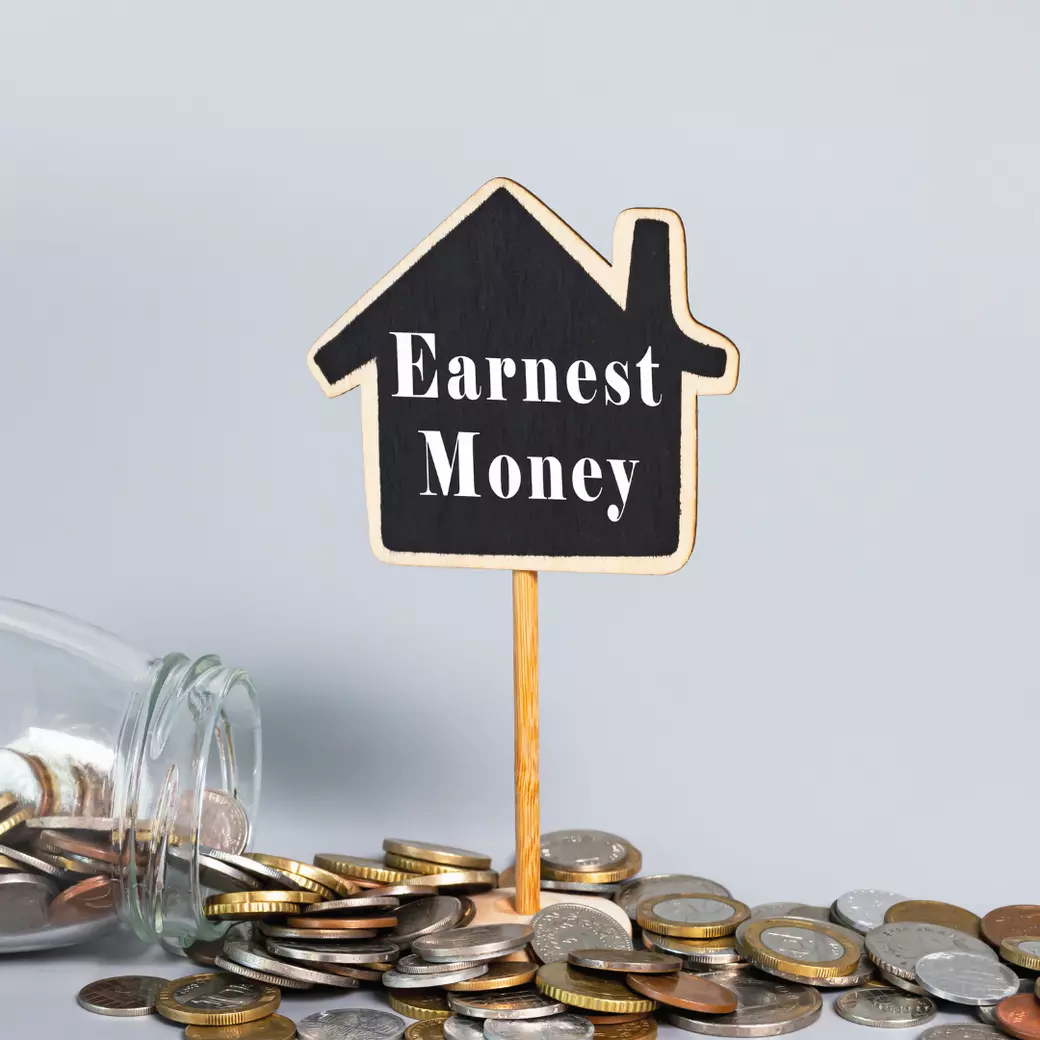
Earnest money, also known as a "good faith deposit," is a sum of money provided by a buyer to a seller at the beginning of a transaction to demonstrate the buyer's intention to complete the purchase. A real estate contract cannot be valid without some form of consideration, such as an earnest money deposit. It is typically a percentage of the total purchase price and is usually held in an escrow account by a neutral third party, such as a title company or real estate brokerage.
Earnest money is an important part of the contract because it shows the seller that the buyer is serious about completing the transaction. It also provides the seller with some financial protection in case the buyer backs out of the deal without a valid reason.
Where the earnest money goes depends on the specific terms of the contract. Typically, if the transaction is completed, the earnest money will be applied to the purchase price. If the deal falls through due to a contingency outlined in the contract, such as a failed inspection or inability to obtain financing, the earnest money will typically be returned to the buyer.
However, if the buyer backs out of the deal without a valid reason or fails to meet the terms of the contract, the seller may be entitled to keep the earnest money as compensation for any losses incurred as a result of the buyer's breach of contract. It is important to carefully read and understand the terms of the contract before providing earnest money.
Categories
Recent Posts




